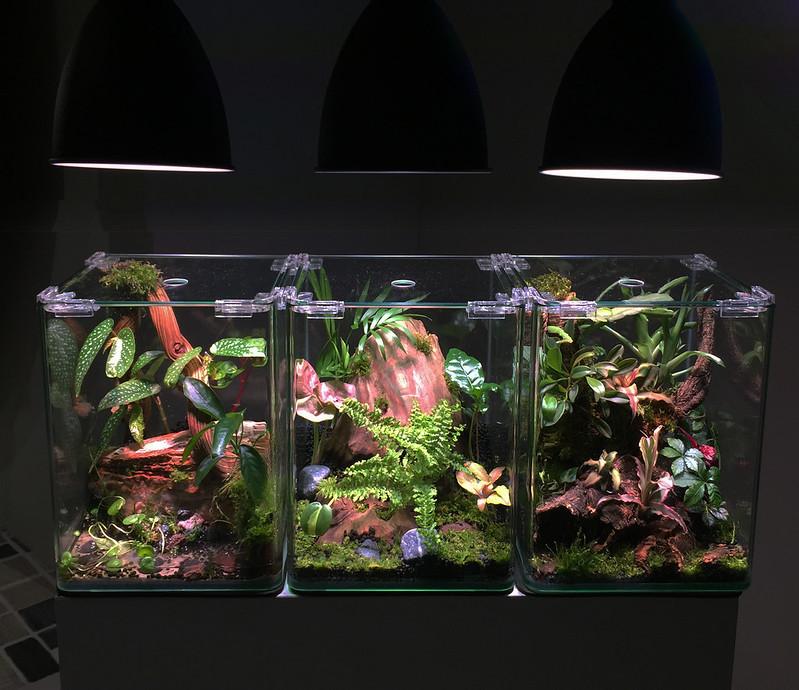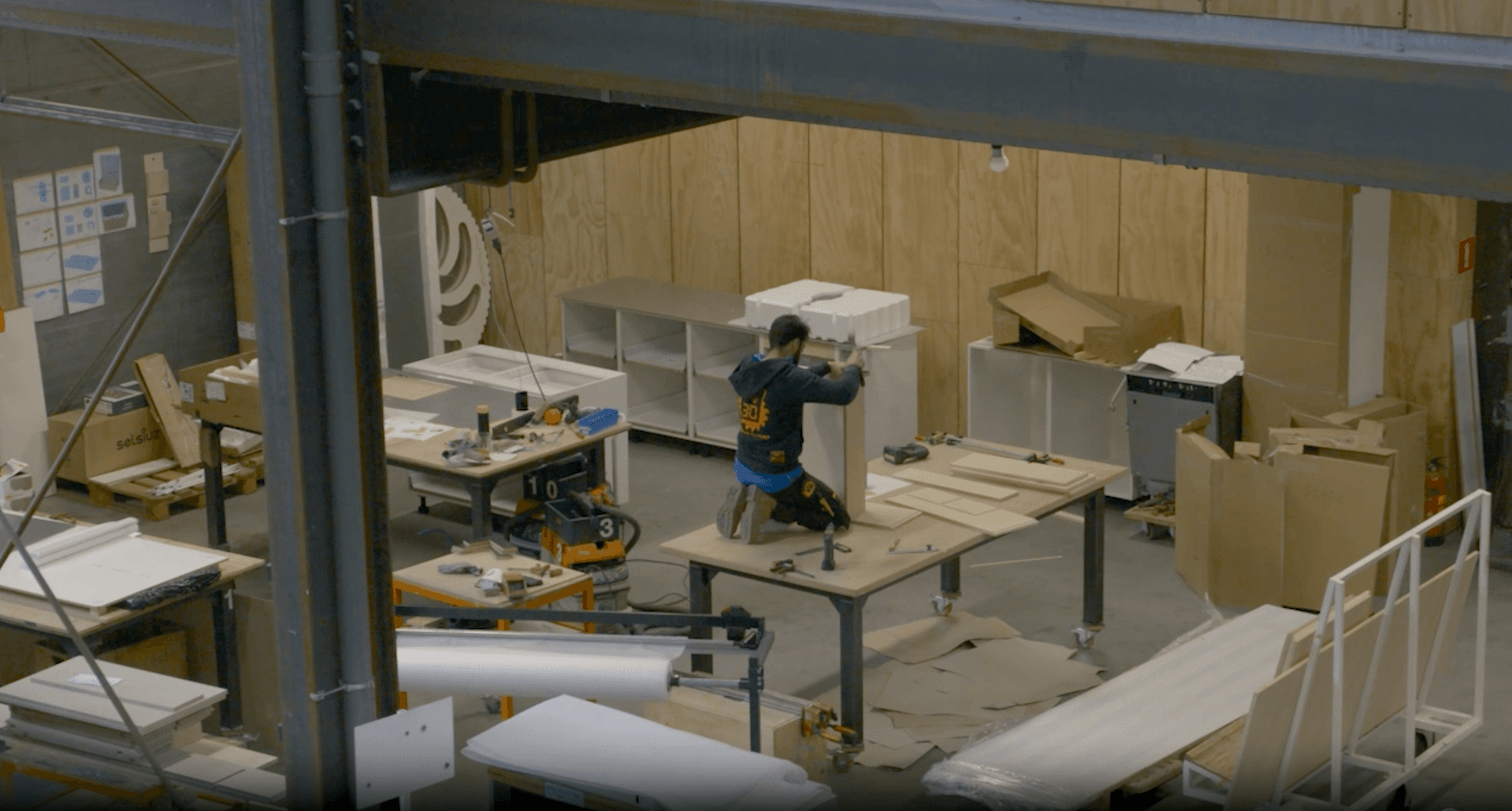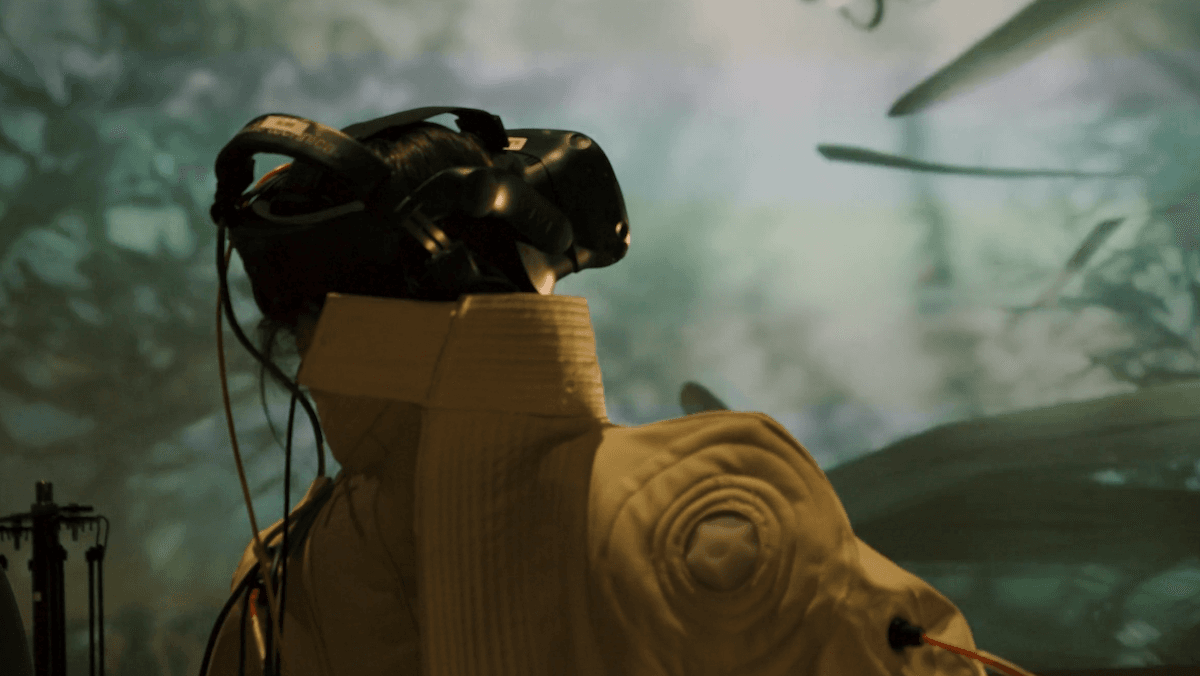Waag congratulates the winners of S+T+ARTS Prize 2020! Each year, together with Ars Electronica and BOZAR, we launch S+T+ARTS Prize as a part of the S+T+ARTS initiative by the European Commission. S+T+ARTS focuses on innovation at the nexus of Science, Technology, and the ARTS. One element of this S+T+ARTS Initiative is a prestigious award generously endowed with € 20,000 in prize money. In two categories, which are Artistic Exploration and Innovative Collaboration, a project is selected.
The winners of S+T+ARTS Prize 2020

We congratulate Andrea Ling, who won the S+T+ARTS Prize in the Artistic Exploration category with her project Design by Decay, Decay by Design.
Andrea: 'Design by Decay, Decay by Design is a series of artefacts that exhibit designed decay. They were done for the 2019 Ginkgo Bioworks Creative Residency on how to design a world without waste. As an architect and artist, I recognise that most of what I create goes to landfill. If that is the case, let me design waste that I can live with, garbage that retains some desirability as it degrades in sight and on site. Let me design waste as nature designs it, not only as the product of breakdown and destruction but also as input for renewal and construction. In biology, one system’s entropy is another system’s organisation. With the assistance of Ginkgo, my goal was to organise decay, using enzymes, fungus, bacteria, and other biological agents as ways of decomposing and composing biological matter at the same time. By mediating decay through species selection, control of environmental conditions, and nutrient templating, I am actively pursuing mutability as a desired quality in the physical world as well as guarantee that the mechanisms of constructive renewal will be embedded into that world.'
Read more about Andrea's project or visit her website.

And we congratulate Olga Kisseleva, who won the S+T+ARTS Prize in the Innovative Collaboration category with her project EDEN - Ethique - Durable - Ecologie - Nature.
About the project: '[This] project is EDEN Ethics - Durability - Ecology – Nature, which began in 2012 and has continued to the present day. The project touches on a range of issues, including the protection of endangered plant species and interspecific communication between living subjects that are placed in the “inhuman”category. The EDEN project is aimed at creating a new Garden of Eden as the ultimate goal of introducing innovative technologies to art and using unorthodox thinking to solve ecological problems. In collaboration with scholars from various countries, Olga Kisseleva is currently “resurrecting” the following plant species: the West European elm (the Biopresence project, France), the Afarsimon and Methuselah palm tree (the Negev Desert, Israel and Jordan), Sophora toromiro (Easter Island), Bodhi Jiulian (China and India), Wollemi Pine (Australia), and the Aport apple cultivar (Kazakhstan). The study of trees as guardians of biological and historical memory has a special place in Olga Kisseleva's project. The artist creates in this field the Memory Garden program (2020) based on the biosphere of Babi Yar, one of the most tragic sites of the Holocaust. The memory captured through its trees perceived as time capsules is a message about the future, despite the tragedies of the past.'
Read more on EDEN or visit Olga Kisseleva's website.
Also, check out the honorary mentions of S+T+ARTS Prize 2020!
This project has received funding from the European Union’s Horizon 2020 research and innovation programme under grant agreement No 732019.



